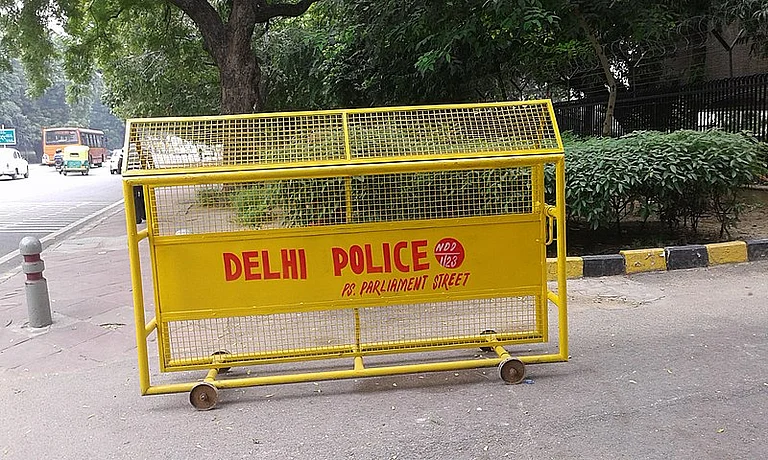From our vantage point in the closing year of the 20th century, the term Anglo India conjures up images of nostalgia, of looking at the confused and complex world of relationships between India and England through rose-tinted glasses. And Felicity Kendal's autobiography White Cargo successfully recreates and adds to those many images of Anglo India that we are familiar with.
Felicity is of course Jennifer Kapoor's younger sister, and their parents Geoffrey and Laura Kendal were almost an institution, when in the '50s and '60s they travelled the length and breadth of India with their theatre group Shakespeareana. While Jennifer moved on to Bombay after her marriage to Shashi Kapoor, Felicity returned to England to carve out a special niche for herself on the professional English stage.
The book starts with tremendous promise Felicity tending to her father Geoffrey Kendal who has slipped into a coma for three years in cold, contemporary London. Their many-layered, emotional relationship is well captured at the opening of each subsequent chapter. Belongingness, guilt, how to re-relate to a person full of life who is now reduced to a vegetable existence are the themes that she explores. And explores well and in depth. From here Felicity travels back in time from the bedridden Geoffrey of the present tense, to the larger than life Shakespearean actor father that she remembers from her childhood.
Felicity grew up on the move and her life as a little English girl leading a nomadic existence with a travelling theatre group in India in and out of schools and theatres, Maharaja's palaces and crowded cities was one of a kind. And it is because she led such an unconventional childhood, traipsing around India with her parents performing Shakespeare, against the changing fabric of a newly independent India, that one expects something unique, different. Questions of who does one identify with, the coloniser or the colonised? Where does one belong? Issues of transition from childhood to adolescence to adulthood, and how does one cope/struggle with these transitions? Questions of cultural spaces, all of these themes lie dormant almost unexplored. For Felicity Kendal's book is very conventional. She creates several images of Anglo India that are evocative, but one misses any telling insight or observation.
To be fair, occasionally Felicity does succeed in creating moments of true drama and poignance as in the juxtaposition of the strange electric cremation that Jennifer has in London, with the family hysterics over her marriage to Shashi Kapoor several decades earlier, and the ritualised beauty of an open air Hindu cremation.
But on the whole, with few exceptions, the promise of the opening pages remains unrealised in the first half of the book. Most of it is made up of a kind of dinner table anecdote, charming yet anaesthetised, worth a smile but nothing more. But halfway through the book things begin to look up. It is when she turns 18, after her role in that marvellous, moody Merchant-Ivory film Shakespearewallah, that Felicity comes into her own. Back in England, a country she left when she was only six, she struggles with her identity and with making inroads into a competitive profession.
And from here the book soars, both in style and emotional depth. The second half is therefore a pleasure to read, almost erasing the weaker first half from one's memory.The wistful, dramatic, memorable end has Felicity scattering the ashes of Geoffrey from a boat off the Gateway of India.
The book has some amusing editorial oversights. Ludhiana is described as being in Rajasthan, the actress is Vijayanthimal and the mountain, Kinchingjunga!
This book brings to the fore the problem of writing a theatrical autobiography, such as the recent ones by Zohra Sehgal and Saeed Jaffrey. The question is: how much to reveal? Should one remain nice and polite to all those still alive and the memory of those dead, or should it be a bare-all, tell-all bio? If Saeed goes overboard in one direction, Felicity occasionally errs on the other.


























